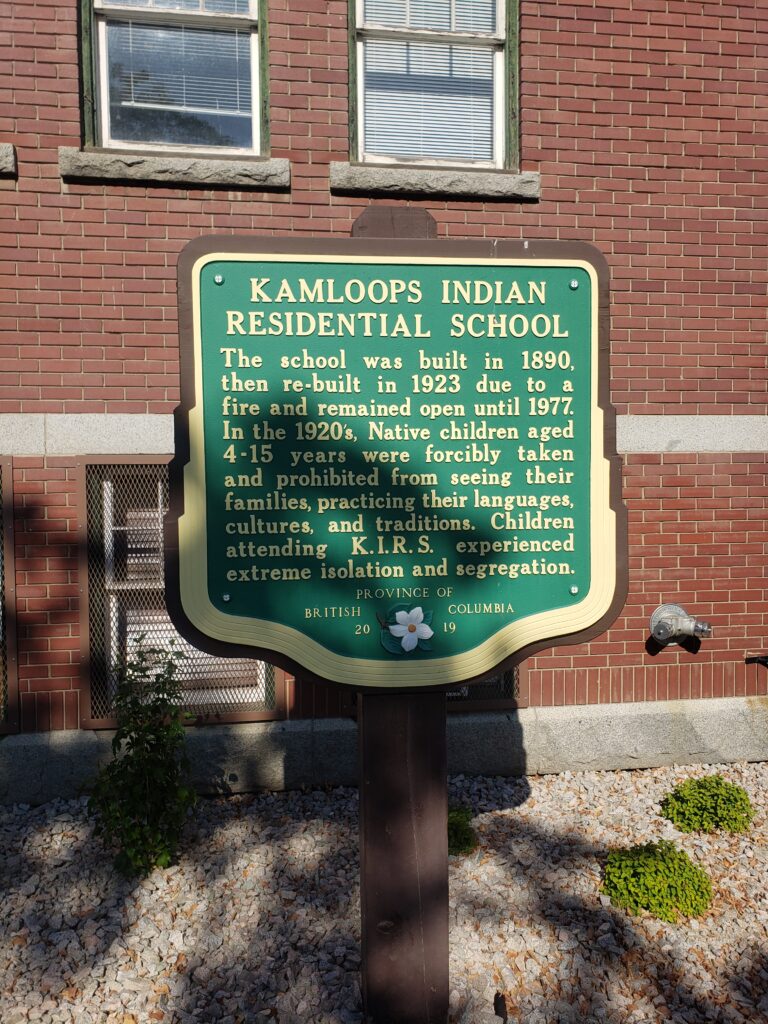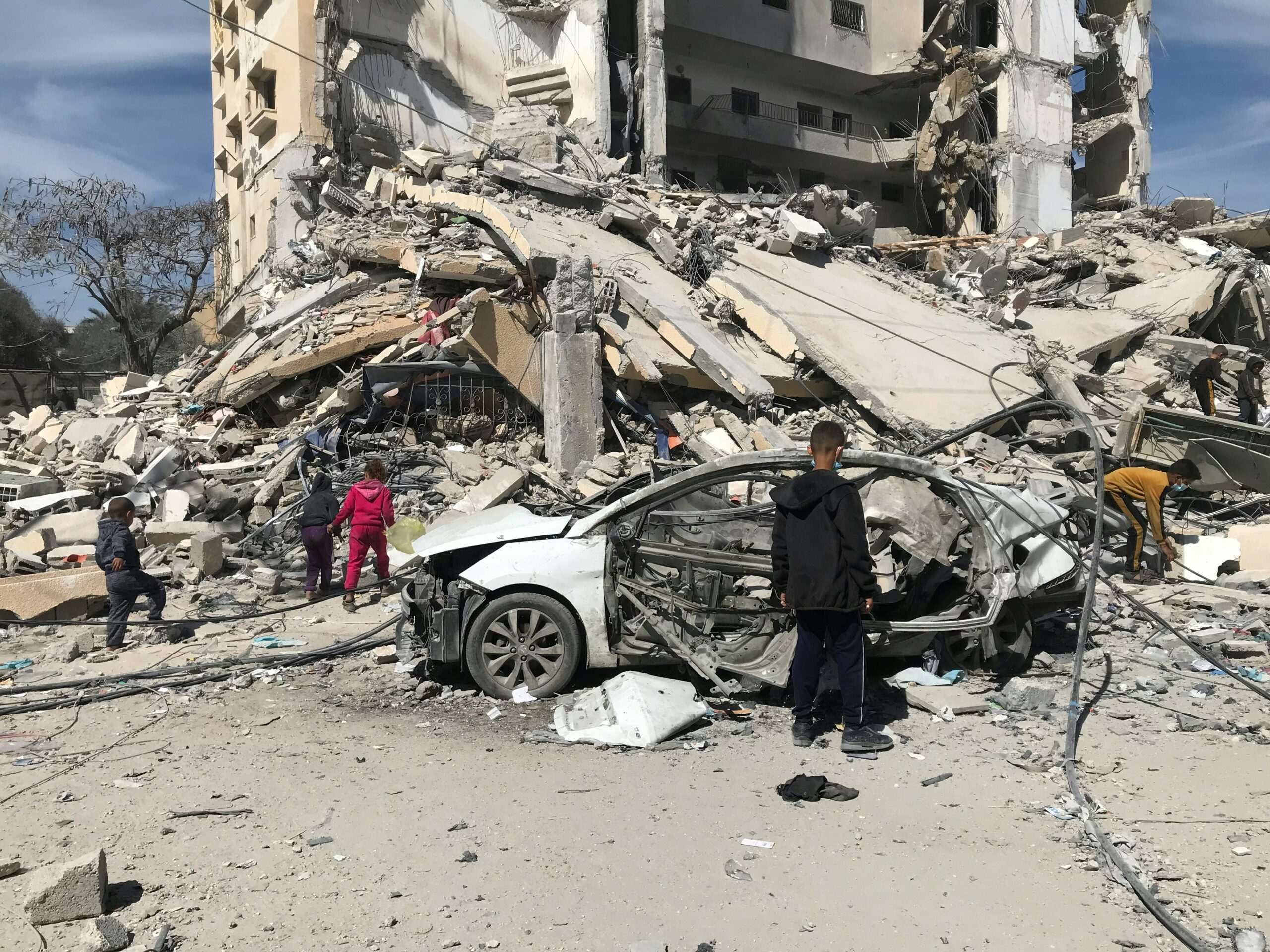When I look back on the learning objectives that have had the biggest influence on this curriculum, the one that stand out is demonstrate a critical awareness and understanding of the past and present debates that have shaped human rights and social justice issues. It required one to have an extensive understanding of the arguments that have formed social justice and human rights throughout history and in the present. This outcome has been crucial to my academic career.
In the beginning, I had a very basic understanding of social justice and human rights. But thanks to challenging courses and enlightening conversations, I now have a more complex and nuanced viewpoint. In “Foundations of Human Rights and Social Justice,” I looked closely at how these ideas have changed from the Enlightenment to the modern day. My understanding of the intricacy and continuous nature of these discussions has greatly benefited from this historical background.
For me, a research project on the Universal Declaration of Human Rights (UDHR) was a major turning point. I was able to learn a lot about the different viewpoints of different nations and the compromises made at that time by examining the discussions preceding its adoption in 1948. My comprehension of the UDHR has increased as a result of this research, which also highlighted how important political and cultural settings are in influencing the conversation around human rights.
“We must be the change we wish to see in the world.” – Mahatma Gandhi
Additionally, learning about current social justice topics like intersectionality, LGBTQ+ rights, and the Black Lives Matter movement has been crucial to my education. I am able to critically evaluate current events and their historical foundations because of my active participation in class discussions and assignments. The complexity and interdependence of these issues were demonstrated, for instance, in an article I presented on the intersectionality of gender and race in social justice movements. See attached
All things considered, my development toward this learning objective is evident in my capacity to evaluate historical and current discussions of social justice and human rights. In addition to improving my academic experience, this has equipped me to make a significant future contribution to these crucial conversations.
The second learning objective that caught my attention when I was reflecting back on the ones that have meant the most to me during the program was exhibiting a deep comprehension of and respect for the principles of various Indigenous knowledge and wisdom. My intellectual and personal development have been significantly impacted by this result.
I knew very little beforehand concerning Indigenous traditions and knowledge. But I now have a better grasp of the complexity and depth of Indigenous knowledge systems because to a variety of lectures and conversations with Indigenous academics and community members. Traditional Ecological Knowledge (TEK) and its uses in sustainable resource management, for instance, were covered in the course Indigenous Ways of Knowing: Resurgence of Land Based Pedagogies and Practices. Indigenous customs, which have been cultivated over thousands of years, provide important insights into today’s environmental issues, as this course demonstrated.
One of the most important projects I ever worked on was about the Kamloops Indian Residential School. The history and effects of the residential school system on Indigenous communities in Canada were investigated for this project. Operating from 1890 until 1978, the Kamloops Indian Residential School was one of the biggest in the nation and came to represent the systematic attempts to integrate Indigenous students into society. The awful legacy of these institutions came to light in 2021 when unmarked graves were discovered at the site. The significance of recognizing and honoring Indigenous peoples’ knowledge and experiences was emphasized by this research, which also helped me better appreciate the past and current injustices they have endured.

Learning about the principles ingrained in these wisdom traditions—such as respect for all living things, the interdependence of all life, and the significance of community and reciprocity has also been a part of engaging with Indigenous knowledge. For example, taking part in a workshop on traditional storytelling and drum making conducted by Indigenous elders gave participants an understanding of how stories are used to preserve cultural continuity, impart knowledge, and impart moral values.
In summary, my ability to evaluate and relate with and respect Indigenous knowledge and wisdom demonstrates my progress toward this learning outcome. In addition to improving my academic experience, this has increased my empathy and sense of duty to promote Indigenous rights and knowledge preservation.
Last but not least, when I think back on the learning objectives that have meant the most to me during the program, I can say that experiential learning has allowed me to demonstrate my understanding of important social justice and human rights concerns on a local, national, and international level. This result has greatly influenced how I perceive and interact with these important topics.
My participation in neighborhood organizations has given me intimate knowledge of social justice issues. For example, I became aware of the realities of food insecurity in my neighborhood while volunteering at Mustard Seed Kamloops, a local non-profit organization that has been providing care for those facing homelessness and poverty. I gained knowledge of the structural problems that lead to hunger and the significance of community-based initiatives in meeting these demands. The importance of community-based solutions and the influence of local action were highlighted by this event.
I worked with Hope International as part of a service-learning project that addressed racial justice and equity during my practicum. For this project, instructional workshops on systematic racism and its impacts on vulnerable groups were developed in partnership with a human rights organization. The planning of a panel discussion with academics and activists who discussed their approaches and experiences fighting racial injustice was one noteworthy event. In addition to improving my knowledge of racial equity issues, this project improved my advocacy and public involvement abilities.
One of the research projects I completed for my studies focused on the refugee situation worldwide, specifically on internally displaced people. I looked at the difficulties faced by refugees and how the world has responded to these emergencies. Analyzing the effects of the DRC refugee crisis on the international community as well as on nearby nations like Rwanda and Uganda was a crucial component of this endeavor. This study brought to light the intricacies of international migration and the necessity of all-encompassing, humane measures to aid displaced people. Furthermore, participating in a virtual conference on global human rights expanded my understanding of international human rights concerns by enabling me to interact with activists and experts from around the globe.
Making connections between local, national, and international viewpoints on social justice and human rights is a clear indication of my overall development toward this learning objective. These encounters have enhanced my academic career and equipped me to make significant future contributions to these domains.
